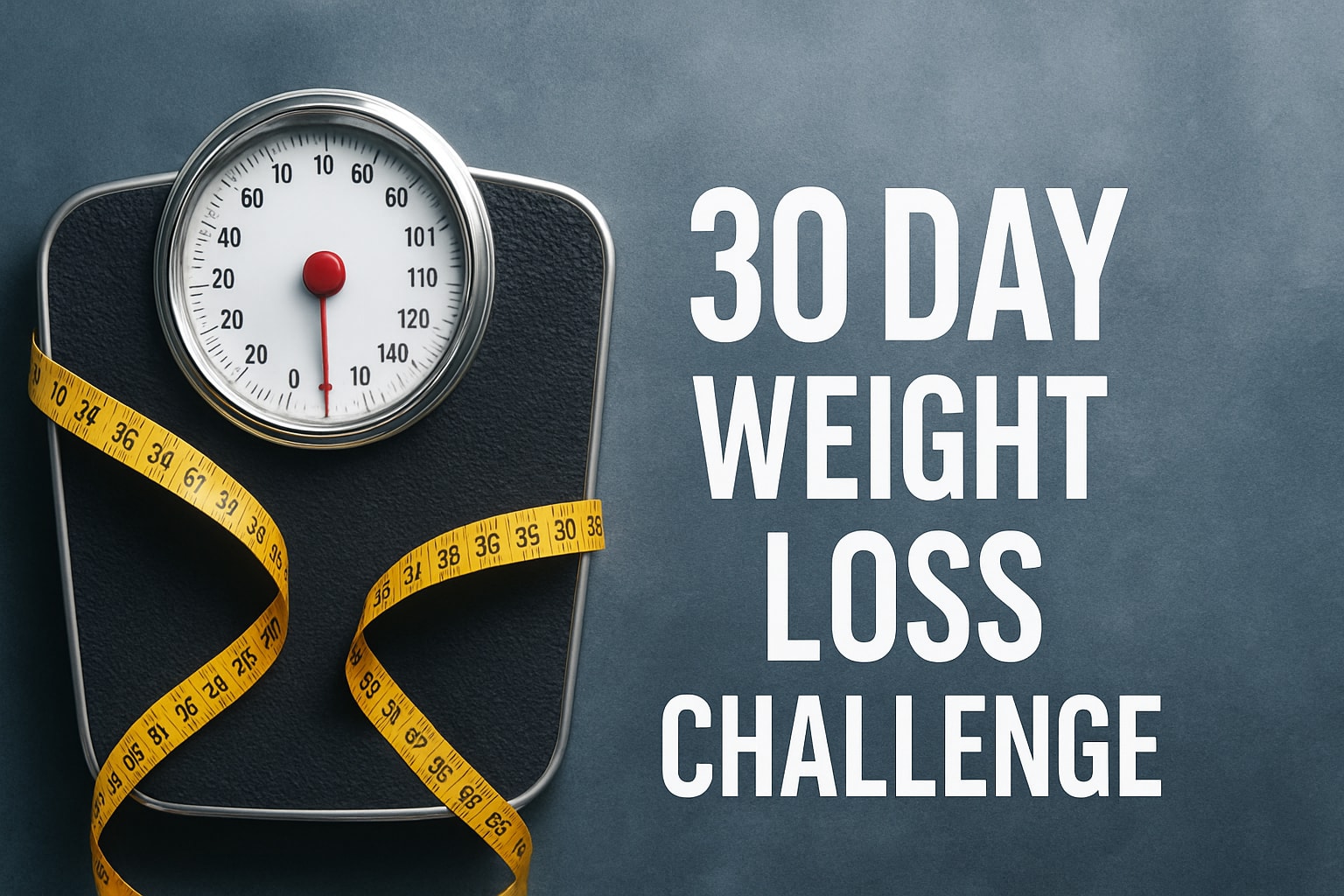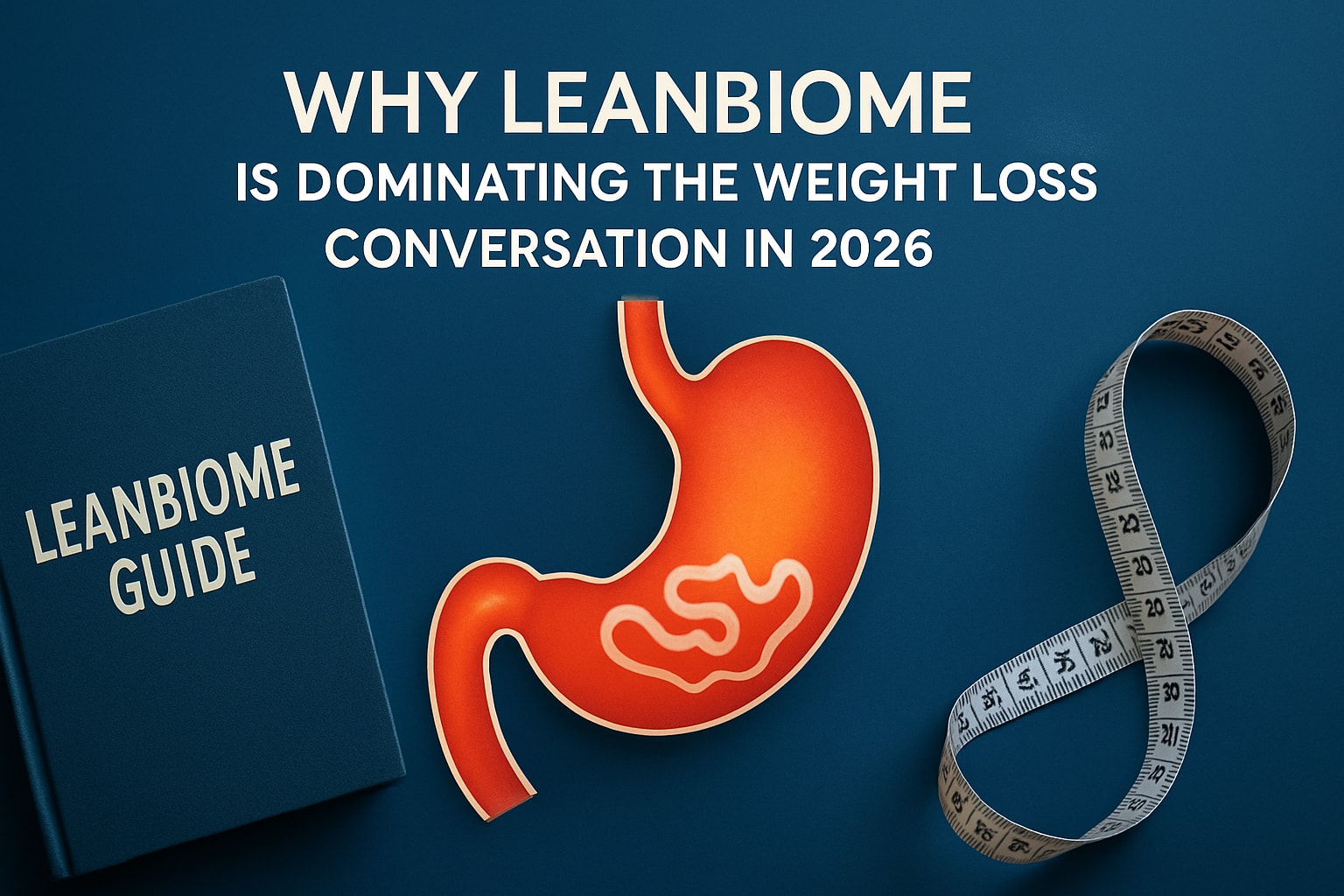Have you ever seen a person on TV acting like a chicken after supposedly being hypnotised? That is not hypnosis, it is showmanship. Read on to understand the difference.
Self-hypnosis is one of the most misunderstood methods of self-improvements. While it is actually a tool to sleep better, manage stress or pain, quit smoking, or even lose weight, it has also been the subject of misunderstandings and false beliefs that have generated unnecessary fears in some people.
Here are the five main misconceptions about hypnosis, along with five scientifically supported benefits of using self-hypnosis daily to improve your overall wellbeing.
Five myths about self-hypnosis
- Total loss of control
Myth: one of the most common fears regarding hypnosis is that you will lose total control of your mind during the process, and be at the mercy of the hypnotist who will therefore be able to control you.
Reality: you will never lose control of your mind or actions by being hypnotized. In reality, you are actually fully conscious and have the power to stop it at any time. Hypnosis is simply a way to relax and concentrate on your thoughts to access deeper levels of consciousness.
- Mental manipulation
Myth: another common myth is that hypnosis can be used to manipulate or control your mind, making you do things you would not normally do.
Reality: hypnosis can only affect the mind of the person practicing it. It is not possible to control or influence the minds of other people by using hypnosis.
- Dangerous trance state
Myth: some people believe that hypnosis sends you in a state of such profound relaxation that they will not be able to emerge back.
Reality: hypnosis is a natural state of focus and concentration, kind of like when you are immersed in a good book or a movie. There is no scientific evidence to suggest that self-hypnosis is dangerous if practiced correctly.
- Only for suggestible people
Myth: hypnosis is sometimes thought to be effective only on weaker minds, or gullible people.
Reality: the ability to experience hypnosis is a skill that takes practice and dedication. While some people can reach the hypnotic state more easily than others, everyone can be successfully hypnotized with an open mind and healthy expectations.
- Memory loss
Myth: there is a fear that self-hypnosis may lead to permanent memory loss.
Reality: hypnosis does not affect the memory part of the brain, so no amnesia should be experienced. During the process of self-hypnosis, you may experience moments of temporary disconnection, which is completely normal and sort of like what it feels like to be fully concentrated on an activity (reading, driving…). Once out of the state of hypnosis, your memory returns to normal immediately. Also, it’s a myth that hypnosis has you walking around doing stuff that you won’t remember. During hypnosis you are sitting or lying down, and all the work is being done on your mind, you’re not bouncing around acting like a duck.
Self-hypnosis is a safe technique and poses no risk to mental or physical health.









%20(1).jpg)






